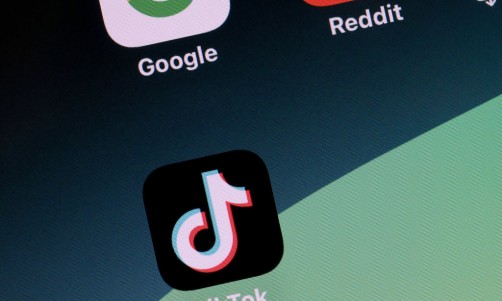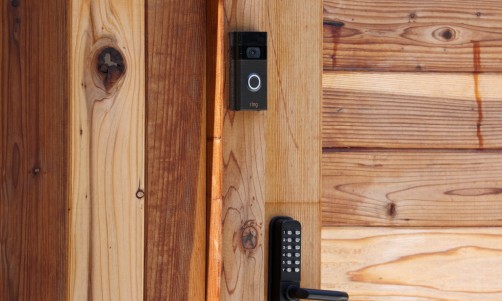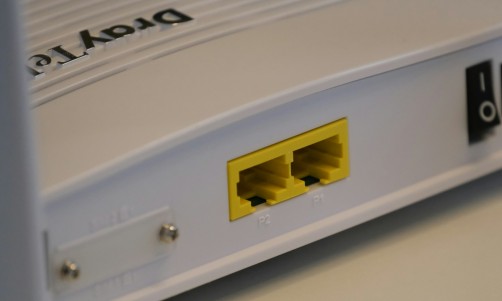Phishing is a technique used by hackers to gain access to devices easily. It involves clicking on links on a website and emails. Hackers trick you into believing that the links you are clicking on can be trusted. When you click on them, they then download viruses and malware that infects your device allowing it to be hacked easily.
Windows users are vulnerable to phishing techniques and other hacking methods. With your PC hacked, you can also easily get all your other devices at home and work hacked.
Here are some methods you can use to keep smartphones safe from phishing and other hacking methods.
Using A VPN
VPNs or Virtual Private Networks protect both your computer and your mobile devices. A VPN hides your real IP address and bounces your internet searches from one server to another before you can get your search request back.
A VPN is an integral tool for the protection of your devices. It keeps you secure and protects your devices. There are different types of VPNs you can use to protect your device. You can get a fast VPN for Windows for your computer and a similar one for your smartphone. With a VPN on your smartphone, it becomes easier to whip out your phone and access the internet wherever you are. You are sure that you are unlikely to be caught by hackers even when you use public Wi-Fi.
Download Your Apps Only From Accredited Sources
Another way to protect your smartphone from phishing scams and other forms of malware is to download apps from accredited sources. Download all the apps that you need on your smartphone from only recognized app stores
Also, make sure that the apps you download are verified and accredited. This ensures that the apps you download into your smartphone are virus-free.
Many times, hackers use phishing techniques with apps. You will download an app that is layered with a virus without your knowledge. Once it's in your device, the virus allows the hacker to steal your information with ease.
If you connect your smartphone to a computer, the virus can then infiltrate the computer and hack your other devices.
Be Careful With Your Emails
If you get emails on your smartphone, make sure that you have an antivirus that checks the links in your emails. This ensures that you don't click on phishing links on your phone. Clicking on phishing links ensures that malware and viruses easily get into your smartphone. Leaving it vulnerable to hackers.
Before you click on the links in any of the emails that you receive, make sure that you know the source of the email. Confirm that the sender of the email is known to you and their name is properly spelled. This ensures that all the correspondence is from the same person and not from a similar email from a hacker.
Install A Mobile Antivirus
An antivirus is an important tool in protecting your device from phishing and viruses. Make sure that you use high-quality mobile antivirus. It will help to detect and block viruses from accessing your device.
It will also alert you when your device is infected or likely to be infected by other devices, links on websites and emails, and applications you download into your phone.
Use Secure Wi-Fi
The one sure way to ensure that you don't allow malware, viruses, and hackers access to your device is by using a trusted source of Wi-Fi. Only use a wi-fi source you can trust. Don't use public wi-fi on your device. You may be inviting hackers into it unknowingly.
Make sure that the wi-fi you use is password protected. This ensures that you are not in the same network as hackers who may want to infiltrate your device.
Do Not Root Or Jailbreak Your Phone
When you buy your phone and it is locked to use only a specific network, you may want to make it compatible with other networks too for various reasons. When you undertake this process, you jailbreak your phone. This makes it vulnerable to viruses and malware.
When you jailbreak your phone, you can easily download and install spy apps into your phone without your knowledge. These are apps that hide when you display your apps. Hackers can take advantage of these apps to steal information from your device easily.
Conclusion
Phishing not only happens on computers, but it also happens on mobile devices. Hackers can use your mobile device to access your other devices and other aspects of your life. You can use these methods to protect your smartphone, your other devices, and yourself from malware infiltration.















